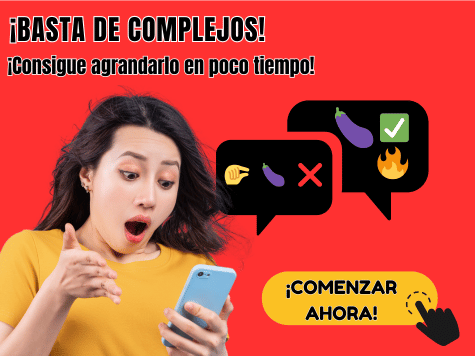|
Mr. Morris used some words and phrases that are not suitable for a formal context, e.g. like crazy, smackers. Laura does about the same when she says big time. What’s your take on this? I beg your pardon, what’s your opinion about this kind of language in such situations?
Communicative functions
1. Asking if someone enjoyed himself/something.(Preguntar a alguien si se divirtió o si disfrutó de algo.)
- Did you have a good time here?(¿La pasó bien aquí?)
- Oh yes, I did.(Sí, ciertamente.)
Formas alternativas
- Did you have fun?(¿Se divirtió?)- I sure did.(Claro que sí)
- Did you enjoy yourself?(¿Se divirtió?)- You bet (Puedes apostar que sí –informal-)
- ___ Did you enjoy the food / drink(s), etc?(¿Disfrutó la comida / el trago / los tragos?)
- ___ Oh, yes, I enjoyed it/them big time.(Oh, sí. La / Los distfruté muchísimo.)
2. Narrating a past event.(Narrar un evento pasado)
- I went to the disco and danced like crazy.(Fui a la disco y bailé como loco.)
Formas alternativas
- I went to the movies and saw King Kong. (Fui al cine y vi King Kong.)
- I went to the ice cream parlour and had chocolate ice cream. (Fui a la heladería y tomé helado de chocolate.)
- I went out with some friends and then we went dancing. (Salí con algunos amigos y fuimos a bailar.)
- I visited my parents. (Visité a mis padres.)
Utilice el lenguaje que se ofrece para entablar un diálogo con un compañero. Asuma uno de los roles, A o B, y no observe las instrucciones que se dan para su compañero. Esto puede hacerlo cubriendo con un papel la parte que no sea la suya.
A.
- What did you do last night?
- What did you do over / at the weekend?
- What did you do last Saturday?
- What did you do yesterday?
B.
- Went out and saw a movie
- Went to an Italian restaurant and had pizza.
- Visited my relatives/parents
- Drank a lot of beer.
- Stayed home and read a book
- Nothing special. I just watched TV.
3. Giving your opinion about something, e.g. a past experience. (Dar opinión acerca de algo, ej, una experiencia vivida.)
- Everything was excellent, the place, the people...(Todo estuvo excelente, el lugar, las personas...)
- You've got a nice place here.(Tienen un buen lugar aquí.)
- The room was perfect. (It had) a magnificent view.(La habitación estaba perfecta. Tenía una vista magnífica.)
4. Asking about opinion on a past experience. (Pedir opinión sobre una experiencia vivida.)
- How was the service at the hotel?(¿Cómo estuvo el servicio en el hotel?)
- How about the food?(¿Qué tal la comida?)
- Were the waiters and waitresses polite?(¿Fueron los dependientes corteses?)
- Did you enjoy our hotel?(¿Disfrutó nuestro hotel?)
- Did you like it here? / How did you like it here?(¿Le gustó esto aquí? / ¿Qué le pareció esto aquí?)
5. Saying you're pleased to hear something. (Decir que uno se alegra de oir algo.)
- (I'm) glad to hear you say so.(¡Que bueno que diga eso!)
- (I'm) glad to hear that.
- I'm pleased to hear that.
6. Asking about method of payment. (Preguntar sobre cómo se va a pagar.)
- Will you pay cash or credit?(¿Pagará en efectivo o en crédito?)
- Cash. I don't have my credit cards here.(En efectivo. No tengo mis tarjetas de crédito aquí.)
Formas alternativas
- How are you going to pay?(¿Cómo va a pagar?)
- May I pay by check? / Do you accept checks?* (¿Puedo pagar con cheque? / ¿Ustedes aceptan cheques?)
- Sure/No, I'm sorry. Just cash and credit.(¡Claro! / No, lo siento. Sólo efectivo y crédito.)
- En Gran Bretaña la palabra ‘check’ se escribe ‘cheque’. La pronunciación es la misma para ambas formas de escritura.
|



